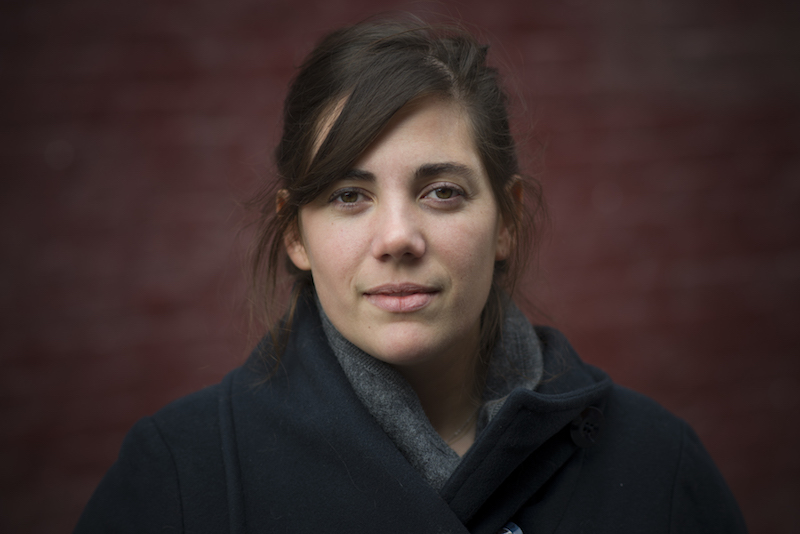English
Creative Writing, Gender & Sexuality Studies

What is your current job?
I am a writer of many things--fiction, literary nonfiction, criticism, essays, and journalism.
My job for money right now is teaching writing at Temple University and being a contributing writer for The Philadelphia Citizen, a new online journalism outlet that highlights people and organizations in Philadelphia that are using innovative solutions to address our city's most complex problems. I also freelance for places like Salon, Slate, The New Republic, Hyperallergic, and others and teach writing to teenaged girls in West Philadelphia and southeastern West Virginia. But my real job—not for money yet—is working on a reported memoir and a novel. Every day.
Why did you choose this profession?
I've always wanted to be a writer. I like that I get to use writing as a way of engaging with human stories and experiences. Working for the Philadelphia Citizen allows me to dig forever more deeply into what it means to live in Philadelphia. Writing essays and criticism teaches me what I think. Writing fiction teaches me who I am.
What more do you wish to accomplish in your professional career?
Publish a novel, my reported memoir, a book of stories, a book of essays, find homes for all the social-justice journalism projects I've worked on but don't have homes yet. Meet Maggie Nelson.
Tell us about a decision or change you made that turned out to be a positive career move.
For a while I was trying to cram everything I thought and felt and saw and had opinions about into writing fiction. As soon as I started exploring nonfiction and journalism too, I felt excited that I could also use writing to participate in the world, and it freed up my fiction to be more fantastic and delightful. I always thought diversifying would water down my work, but allowing myself to branch out and pursue both mediums has been really positive for me.
How has Haverford influenced your professional career?
So many ways! Haverford taught me not to rest on easy answers when to comes to social justice, to constantly interrogate my values and decisions and conclusions, to be rigorous and also to be kind. On the level of craft, Haverford shaped me as a writer--Theresa Tensuan, Kim Benston, Sue Benston, Laura McGrane, Dan Torday of Bryn Mawr, Stephanie Reents—they made my sentences work and taught me the habits and discipline to be a writer.